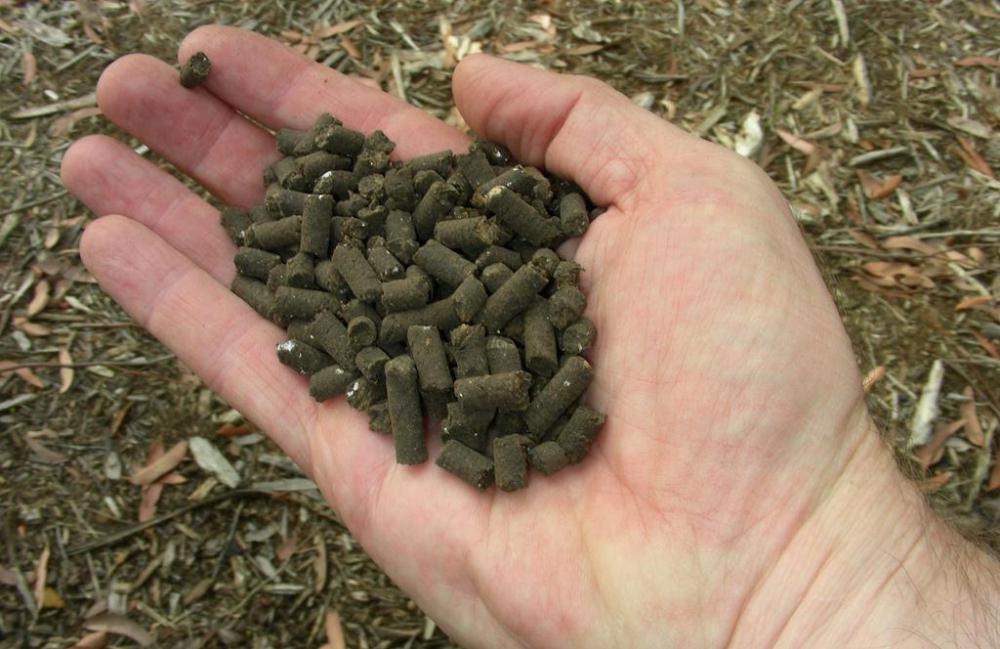At HomeQuestionsAnswered, we're committed to delivering accurate, trustworthy information. Our expert-authored content is rigorously fact-checked and sourced from credible authorities. Discover how we uphold the highest standards in providing you with reliable knowledge.
How do I Choose the Best Organic Nitrogen Fertilizer?
An organic fertilizer is capable of delivering nutrients more effectively to plants than chemical fertilizers, by improving the soil conditions surrounding the plants, and a good organic fertilizer should be certified for production. Nitrogen should be one of the three main ingredients listed on the label of commercially available fertilizers. In order to choose the best organic nitrogen fertilizer, carefully check the label for a high nitrogen content, organic certification, and fertilizer components.
Chemical fertilizers can wash out of the soil with rain and watering, strip the soil of other nutrients, or change the pH balance of the soil. Organic nitrogen fertilizer will not only add much-needed nitrogen to soils that are deficient, but they can also build up the soil structure and feed microbes, boosting oxygen and moisture retention. Healthy soil produces healthier plants and also reduces the number of weeds, pests, and diseases that can affect plants. A good organic nitrogen fertilizer will also have other trace nutrients like calcium and magnesium. Be sure to check that the three numbers on the fertilizer label add up to 15 or less because anything over 15 is likely to contain synthetic chemicals and is not truly organic.

There are two different definitions of the word “organic” when it comes to choosing a quality organic nitrogen fertilizer. Technically, “organic” means “bound with carbon” but this does not necessarily mean that a fertilizer with this label is approved for the organic production of plants. In order for a commercial fertilizer to be sold for organic production, it must bear a label identifying it as certified for organic use. Most garden centers and home improvement stores should carry at least one type of commercially certified organic fertilizer, and some retailers may even carry organic fertilizer in bulk to help cut down on prices.

Non-commercial material can also make an excellent organic nitrogen fertilizer as well. Manures and guano usually have a very high nitrogen content, but they should be allowed to compost before they are used because the nitrogen might burn tender young roots. Blood meal, the powdered blood of slaughtered animals, is also high in nitrogen, acts as a natural pest repellent, and may be obtained from organic meat producers. Corn gluten meal, cottonseed meal, and soybean meal are all good nitrogen fertilizers, as well. Depending on local resources, it may be possible to obtain quantities of these natural fertilizers at better prices than commercial fertilizers, though it might be more difficult to verify the organic certification of these substances.
AS FEATURED ON:
AS FEATURED ON:













Discuss this Article
Post your comments